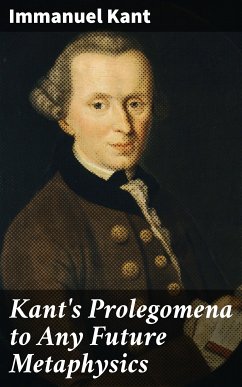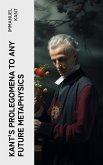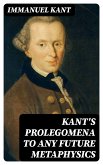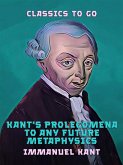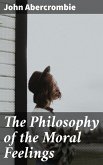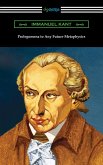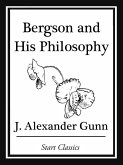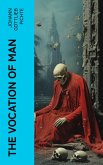Immanuel Kant's "Prolegomena to Any Future Metaphysics" serves as a foundational text in modern philosophy, addressing the very nature of metaphysics and its potential for legitimate knowledge. Written in a clear and accessible style, Kant meticulously unravels the complexities of human cognition, grounding his argument in the critical examination of how our experiences shape our understanding of reality. This work emerges in the wake of the Enlightenment, engaging with the conflicting schools of rationalism and empiricism, and seeks to establish a systematic approach to metaphysical inquiry that reconciles these disparate views. Kant, a pivotal figure in the history of Western thought, was profoundly influenced by the limitations of metaphysics as conceived by his predecessors. He adopted a critical stance toward traditional dogmatic approaches and was driven by the desire to secure a space for metaphysics that is analytical yet practical. The "Prolegomena" serves as a bridge to his more complex magnum opus, "Critique of Pure Reason," and reflects his lifelong quest to analyze the role that human intuition and perception play in our understanding of existence. Recommended for scholars and students alike, this work is essential for anyone seeking a rigorous introduction to Kantian thought. It not only challenges readers to reconsider the foundations of metaphysical inquiry but also offers profound insights that resonate throughout contemporary philosophy. Engaging with Kant's ideas in this text will enrich your understanding of the pivotal questions surrounding knowledge and reality.
Dieser Download kann aus rechtlichen Gründen nur mit Rechnungsadresse in A, B, BG, CY, CZ, D, DK, EW, E, FIN, F, GR, H, IRL, I, LT, L, LR, M, NL, PL, P, R, S, SLO, SK ausgeliefert werden.

